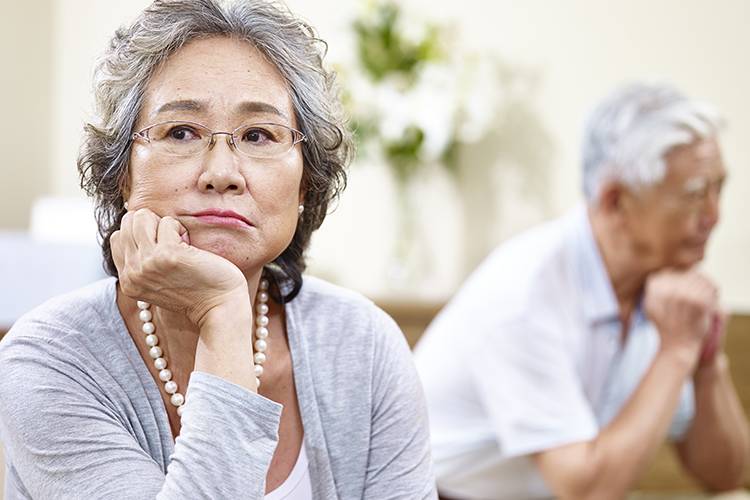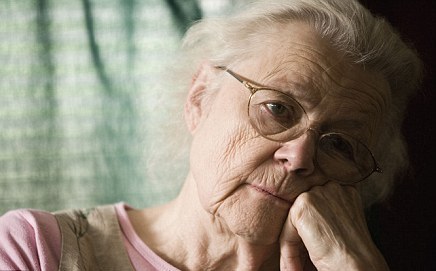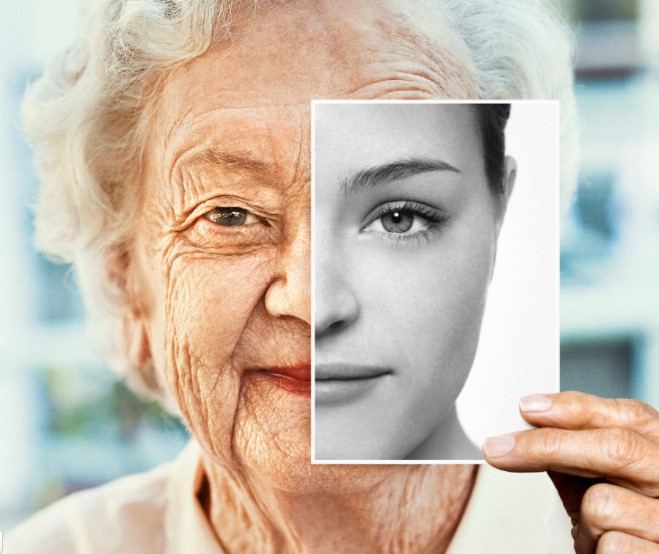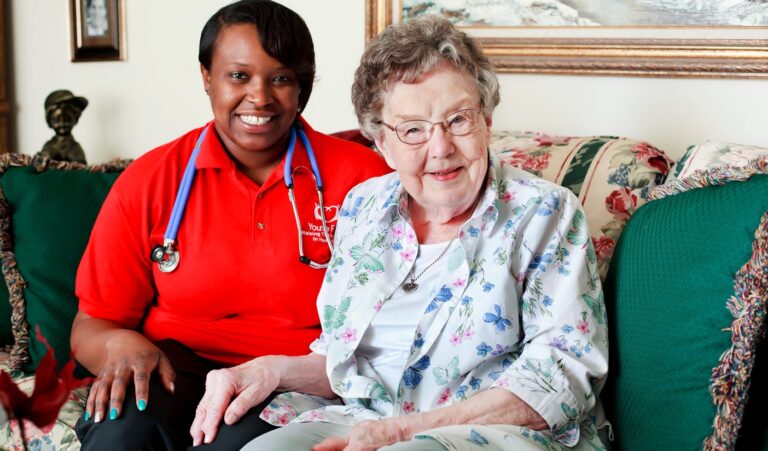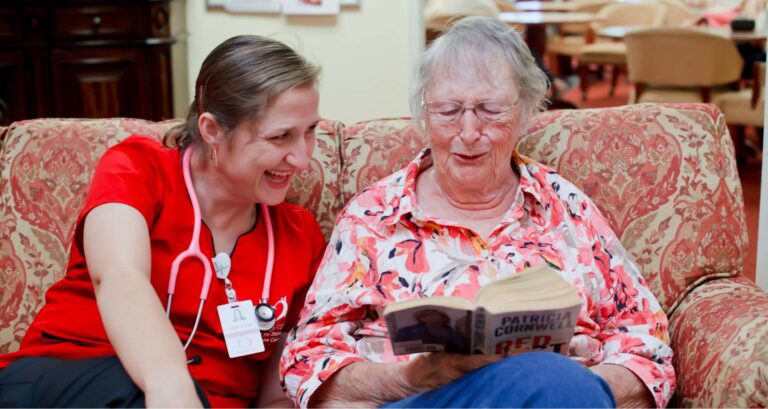How important is social support as a person ages?
This may seem like an easy question to answer. Most people would not choose isolation and loneliness versus spending time with companions. However, can a lack of social support really hinder a person’s overall quality of life?
Lack of social support is related to negative impacts on health and well-being, especially for older people. Having a variety of positive social supports can contribute to the psychological and physical wellness of elderly individuals. Support from others can be important in reducing stress, increasing physical health, and defeating psychological problems such as depression and anxiety.
Community-based services can be extremely useful for elderly individuals. Services for older persons can encompass many areas, but one of the most important areas, as discussed previously, is social support. Support for elderly persons can be found in many places, including the right home care companion, independent living facilities, meal delivery, religious affiliations, adult day care centers, etc. These services can provide positive social supports that can help older persons defeat loneliness and isolation. However, social support must encompass more than physical presence or conversation. Studies have shown that social support services should contain quality activities. These activities should promote positive self-awareness.
Self-awareness is key to a person’s overall quality of life and satisfaction. Many social activities can be used to help increase an individual’s self-awareness. Activities for elderly individuals may include reminiscence groups, journal writing, readings of favorite book passages, Bible study, group exercise, singing groups, crafts, etc. Individuals may also feel more self-satisfied if they are part of the planning of social activities that take place.
The elderly reap both physical and mental benefits from an active social life
If given the choice, most people would gladly choose an active social life over minimal social contact. Some elderly people, unfortunately, don’t get to choose. Because of declining health, loss of friends, and general isolation, they are left with little to no contact. The longer they stay isolated, the harder it can be to get them social again and the worse their outlook on life usually is. The social life they used to enjoy is now dwindling, and it may have disappeared entirely. Yet multiple studies have proven the health benefits of socialization for seniors, both physical and mental.
TOP THREE BENEFITS OF SOCIALIZATION FOR SENIORS
Improves mood and quality of life
According to a study published in the Annals of Family Medicine, social visits can improve the mood of elderly people with signs of depression and enhance overall quality of life. This study looked at both social activities and individual physical activities and found that both were effective at improving a person’s life.
It may increase nutrition in the diet
There is strong evidence demonstrating that when a person is isolated from interpersonal contact, their diet quality and nutritional intake may decline. A 2009 study conducted by the University of Montreal found a positive correlation between food intake and social interaction.
According to Marie-Jeanne Kergoat, one of the study’s leading researchers, over one-third of elderly people suffer from malnutrition. The study, which sought to find out why, looked at eating habits among hospital patients, taking note of whether they ate alone or with a group.
Researchers then compared this data against food intake and discovered that people who eat in a group eat more and receive better nutritional value. Nutritional deficiencies, according to the study, are more likely to occur when someone eats alone.
Reducing physical decline
Physical decline, whether it’s strength, flexibility, or general coordination, is a common issue for numerous seniors across the country. However, there is strong evidence that social life will reduce the rate of physical decline. A 2011 survey published in the Journal of Health and Social Behavior found that health and cognitive decline are slowed when a person is active and has a strong social life. This social life can include visits with friends, attending meetings, joining clubs, or volunteering with the community. The survey found that even people who weren’t socially active earlier in life can still benefit from an increase in social interaction.
When older adults (really people in general) take part in social activities/reap the benefits of socialization, they have a better sense of “us, we…not I, me”. This is true from a small child to an older adult. When we care for or focus on others, it does wonders for us, not just mentally but emotionally. Emotional well-being is so very important for our overall physical health.

